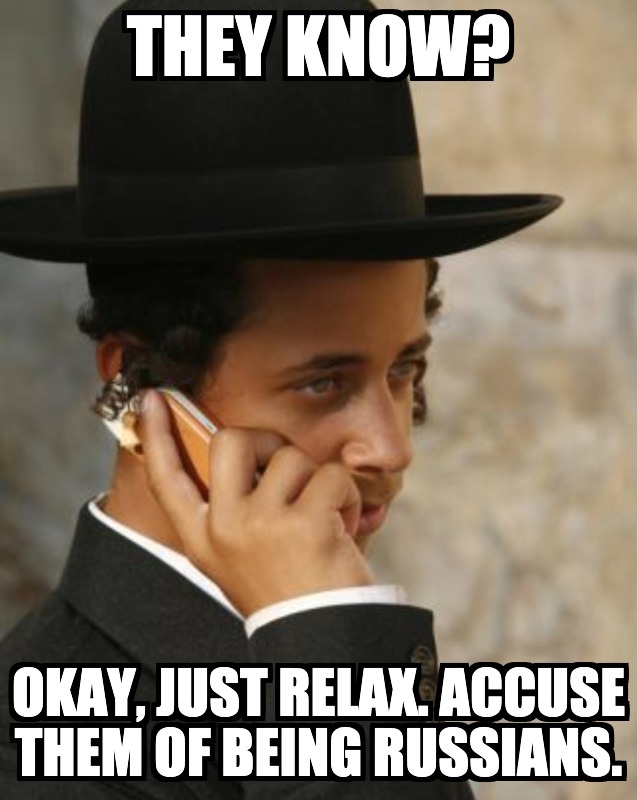Rare photograph of a Russian hacker, taken right after he participated in the Great Election Hacking.
People who voted for Trump had their brains hacked by Russian hackers all the way back in 2016.
Now, Russian hackers have kicked it up a notch, and set their eyes on the big prize: they’re hacking people’s brains to make them distrust the coronavirus vaccine. This is part of a Russian plan to cause billions of Americans to die from the deadly virus.
If you are experiencing an urge to refuse the coronavirus vaccine, then you’ve been hacked.
Russian interference in the 2016 election has been a constant topic of conversation for four years. A report by researchers from multiple universities says politics isn’t the only issue foreign governments may be seeking to influence. The analysis reveals evidence of tweets by Russian troll accounts talking about vaccinations. These tweets, coming during the 2016 election cycle, include both pro- and anti-vaccination messaging targeting social media users with certain political beliefs.
Researchers claim the posts come from a variety of fake persona types and accounts under the control of the Russian Internet Research Agency (IRA).
The collaboration by experts from the University of Pennsylvania, Georgia State University, and SUNY Buffalo examined more than 2.8 million tweets from 2,689 accounts run by the IRA from 2015 to 2017. In all, the researchers found nine separate fake personas, including fake Black Lives Matter activists and fake supporters of President Donald Trump. The team also examines the extent to which these personas fed current ideas about vaccination in the United States and how.
The study demonstrates how these fake IRA accounts sow discord among Americans on the issue of vaccines. It also shows how they flesh out the personalities of their fake accounts in a way that enhances their credibility.
Overall, the deliberately polarizing vaccination tweets make up a small percentage of the messaging by Russian trolls over the three years of the study. However, by using pro and anti-vaccination tweets, the trolls could establish partisan identities that appear realistic. By tweeting in this way, they could affect attitudes, magnify healthcare disparities, and promote vaccination hesitancy — a particularly dangerous idea during the COVID-19 outbreak.
“Russian trolls worked to polarize Americans on a health topic that is not supposed to be political,” says co-author Yotam Ophir, in a media release. “As our nation deals with the coronavirus pandemic, that type of politicization poisons the well of crisis communications for COVID-19 in ways that create tensions, mistrust and, potentially, a lack of intention to comply with government orders and health directives.”
…
“Even if small in magnitude, the intentional Russian spread of antivaccine discourse targeted at specific subpopulations that are susceptible to it (i.e., pro-Trump users and African Americans on Twitter) could be the beginning of a new front in the ongoing informational cyberwar,” the study authors conclude.
The researchers state that vaccination is not supposed to be political, but what does that mean, exactly?
Does that mean that you’re not supposed to have a political opinion on whether or not the government should forcefully inject you with a mystery liquid that will alter your DNA?
They’re implying that everyone should agree on the topic of vaccines, independently of whether or not they agree on other “political” topics. It’s nonsense.
Furthermore, just as they did with the whole “Russian meddling” hoax, they’re trying to produce a kind of button that they can push to immediately deactivate debate on specific issues.
It is another gear in the censorship machinery.
People should be able to decide whether to get a vaccine or not, and in order to do that, they need to be able to talk about it.
 Daily Stormer The Most Censored Publication in History
Daily Stormer The Most Censored Publication in History




